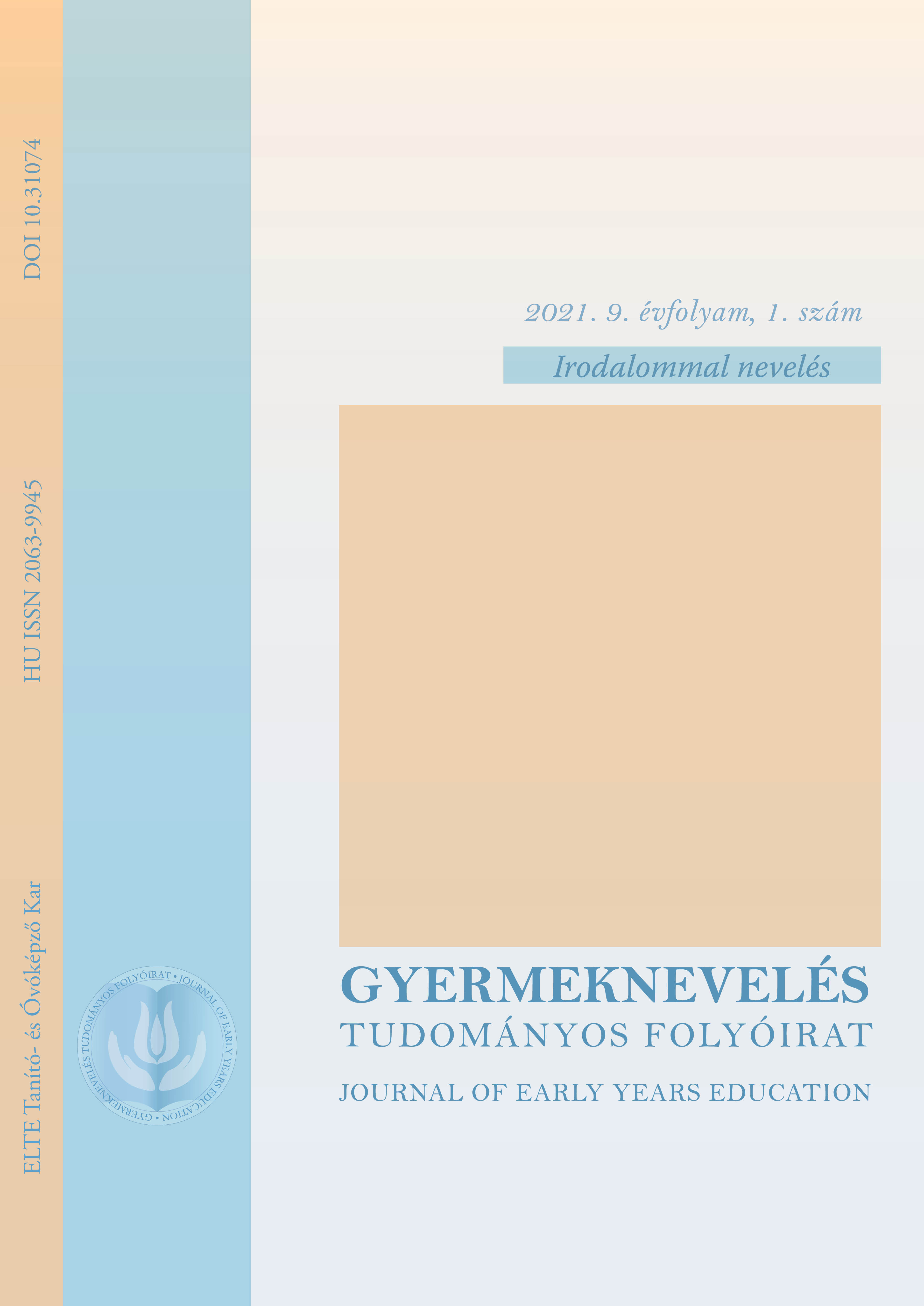Stories of failed teachers
DOI:
https://doi.org/10.31074/gyntf.2021.1.191.200Keywords:
school novel, identity construction, teacher identity, personal identity, methodology of literatureAbstract
This paper investigates the identity constructions in Aladár Komlós’s novel Néró és a VII. A [Nero and VII/A] primarily by focusing on the character portrayal of some of the teachers, and then I attempt to apply the results of these interpretations in a classroom context. This school novel published in 1935 shows, on the one hand, how subtle is the teacher-student relationship, and on the other, it vividly depicts the malleable nature of the teacher characters’ personal and professional identities. In the story, which also can be read as a novel describing the arc of a career, we follow the decline in the popularity of the main character, an irreversible process that defines the daily life of the teachers both as regards his colleagues and his students. In the methodological guidelines that follow the analysis I employ cooperative educational methods to offer an alternative way of incorporating the study of novel into contemporary classes in literature.
Downloads
References
Baranyai, N. (2003). Személyiségfejlődés, nevelődés, költői identitás. Hitel, 16(4), 53–69.
Kaposi, L. (2002). Játékkönyv. Kapitális Kft..
Karinthy, F. (1936). Néró és a VII. A. Nyugat, 28(1). o.n.
Kiss, J. (2000). Bevezetés a gyermekirodalomba. Polis..
Komlós, A. (1958). Néró és a VII. A. Magvető.
Kosztolányi, D. (1925). Aranysárkány. Légrády.
Móricz, Zs. (1920). Légy jó mindhalálig. Athenaeum.
Pethőné Nagy Cs. (2005). Módszertani kézikönyv. Korona.
Samu, Á. (2004). Kreatív írás. Holnap.
Szabó, M. (1970). Abigél. Móra.
Ujvári, L. (1936). Bukott tanárok. Korunk, 11(3), 266–269. https://doi.org/10.1093/icesjms/11.2.266-a
Downloads
Published
How to Cite
Issue
Section
License
Copyright (c) 2021 Author

This work is licensed under a Creative Commons Attribution-NonCommercial-ShareAlike 4.0 International License.

